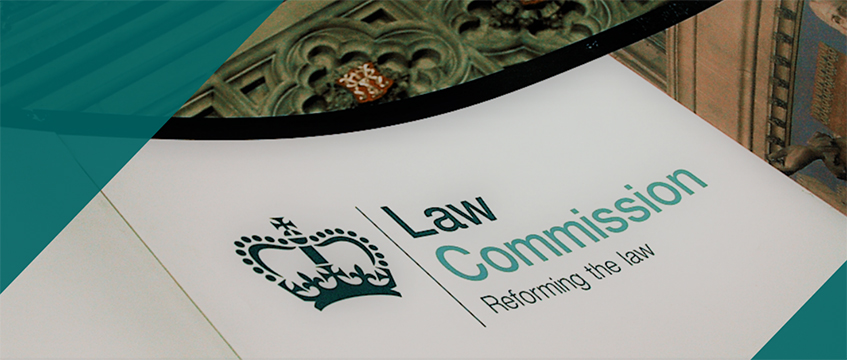COMMENT The Scottish Register of Controlled Interests in Land (RCI) came into force on 1 April 2022. While attention has been focused on the forthcoming UK Register of Overseas Entities, the RCI has already come into force and affects those who have registered land interests in Scotland.
If you have a portfolio that includes land interests in Scotland, you therefore need to be aware of the RCI. Failure to register in the RCI, when required, carries criminal sanctions.
What do you need to know?
Similar to other transparency regimes, the RCI is designed to ensure that there can no longer be categories of landowner or tenant in Scotland where control of decision-making is obscured.
The obligation to register in the RCI is only triggered where there is a person with such control who is not registered as the owner or tenant of the land in the Land or Sasine Registers (the Scottish property registers). The term that the regulations attribute to those who have such control is an associate. The term given in the regulations to the recorded owner/tenant of the land is the recorded person.
The regulations themselves are detailed and complex (with various exceptions), and it is not possible to be prescriptive here about the scenarios in which an obligation to register in the RCI is triggered. However, the RCI regulations seek registration in the following five broad scenarios:
- Contracts with individuals – Where the recorded person is an individual but has a contract or other arrangement with another, which gives that person significant influence or control over the recorded person’s dealings with the land. Note that, depending on the terms of that contract, this could require disclosure of an option to buy land.
- Partners or partnerships – Where the recorded person is a partnership or owns the land as a partner in a partnership and there are:
(a) other partners of the recorded person who are not registered in the Scottish property registers (or another partnership which is a partner of the recorded person); or
(b) other individuals who have significant influence or control over an entity which is a partner of the recorded person; or
(c) other individual(s) who have the right to exercise (or actually exercise) significant influence or control over the recorded person or a partnership in which the recorded person is a partner. - Trusts or trustees – Where the recorded person owns or tenants the land as a trustee of, or otherwise on behalf of, a trust and there are:
(a) trustees of the trust who are not registered in the Scottish property registers; or
(b) other individuals who have significant influence or control over an entity which is a trustee of the recorded person; or
(c) other individual(s) who have the right to exercise (or actually exercise) significant influence or control over the recorded person or trust. - Unincorporated bodies – Where the recorded person owns or tenants the land as a trustee of, or otherwise on behalf of, the members of an unincorporated body of persons (such as sports clubs, village hall associations or voluntary groups) and there are others responsible for the general control and management of the body who are not registered as owning or leasing the land in the Scottish property registers. Note that this would trigger an obligation to register in the RCI where office bearers of such unincorporated body change at an AGM but the Scottish property registers are not updated accordingly.
- Overseas entities – Where the recorded person is an overseas entity and there is someone who:
(a) holds more than 25% of the voting rights in the recorded person;
(b) holds the power to appoint or remove a majority of the board of directors (or equivalent management body) of the recorded person;
(c) has the right to exercise (or actually exercises) significant influence or control over a partnership or unincorporated body which is not a legal entity or a trust, but in respect of which either paragraph (a) or (b) above would apply if the partnership, body or trust were an individual; or
(d) otherwise has the right to exercise (or actually exercises) significant influence or control over the decision-making of the recorded person in respect of its dealings with the land.
Criminal sanctions
Failure to comply with the recorded person’s duties to register in the RCI is an offence punishable by a fine of up to level 5 on the standard scale (currently £5,000).
Fortunately, while the RCI already requires to be “backfilled” for all existing associates of recorded persons, there is a grace period of one year for recorded persons to comply with the regulations prior to penalties applying from 1 April 2023.
Recorded persons should not assume that their solicitors will be aware of their obligations to register in the RCI as they may not know about any associates or relevant associations which trigger the obligation to register.
Recorded persons with land interests in Scotland should therefore seek specific legal advice from their solicitors on their potential obligations to register in the RCI long before the grace period expires on 1 April 2023.
Sarah Peock is a managing practice development lawyer in Scottish real estate and Gaelen Doherty is a senior practice development lawyer in Scottish real estate at Dentons










